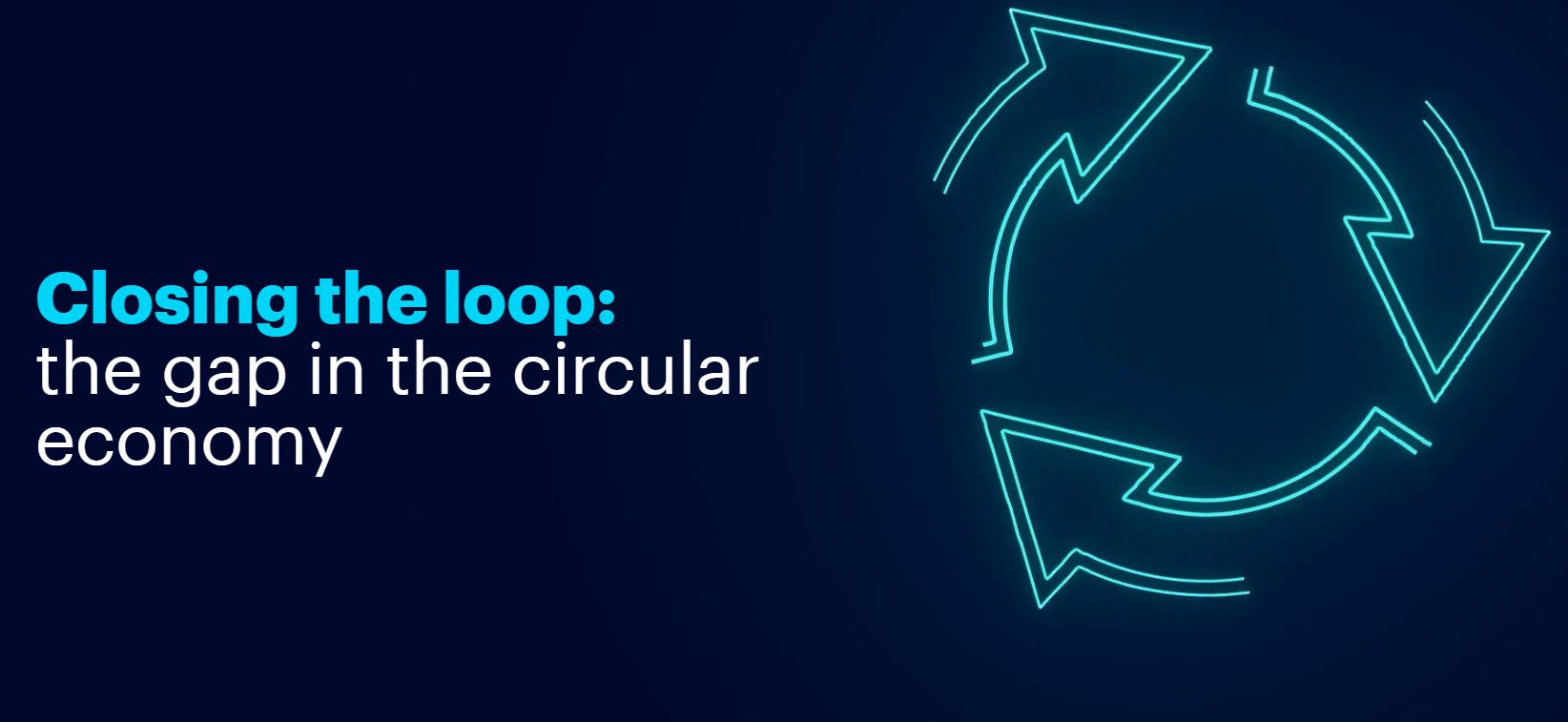Current Biology, Volume 33, 8 May 2023
Geoderma, Volume 433, May 2023
Current Developments in Nutrition, Volume 7, April 2023
Background: An essential dietary strategy to address the rapidly increasing risk of the double burden of malnutrition among indigenous populations around the world is to improve nutritional and food diversity utilizing varieties of traditional plant-based foods. Objectives: The objective of this research was to identify wild edible plants (WEPs) frequently consumed by the Semai and analyze their proximate and mineral composition to improve the adequacy of the local population's nutritional intake.
One Earth, Volume 6, 21 April 2023

